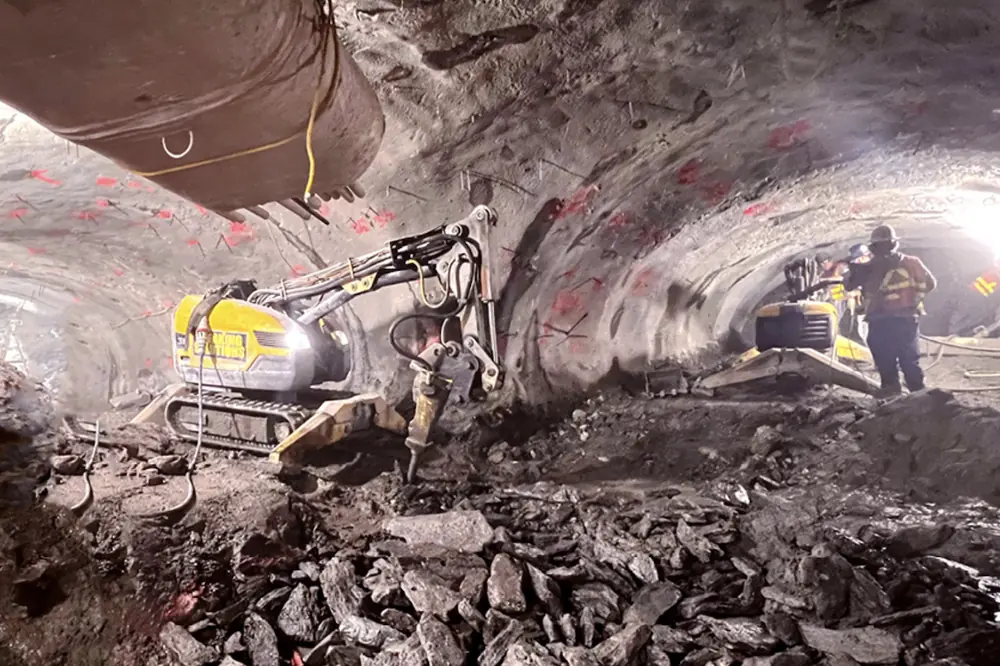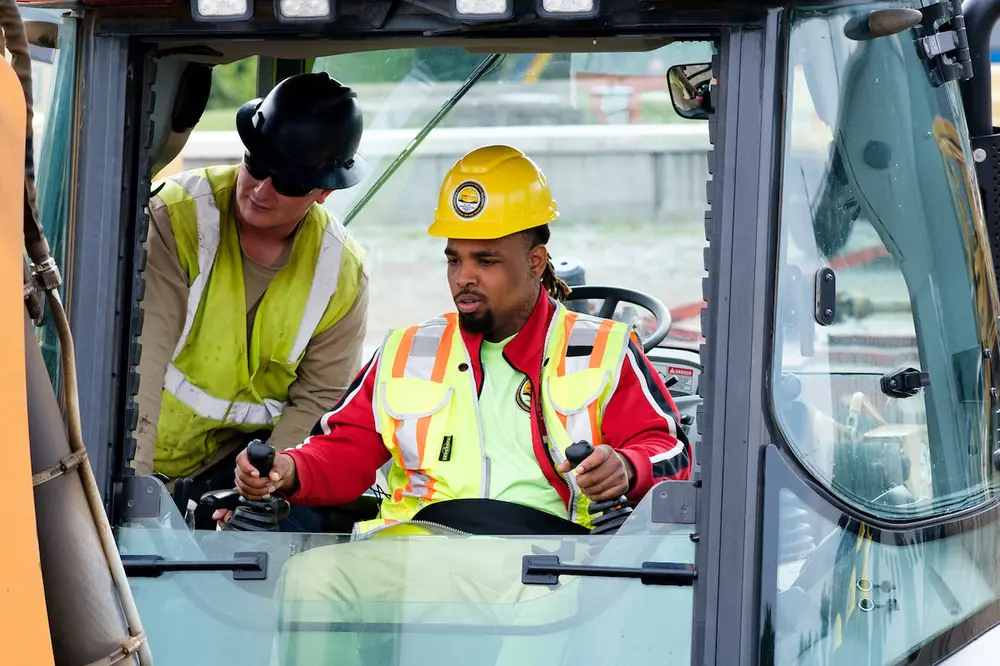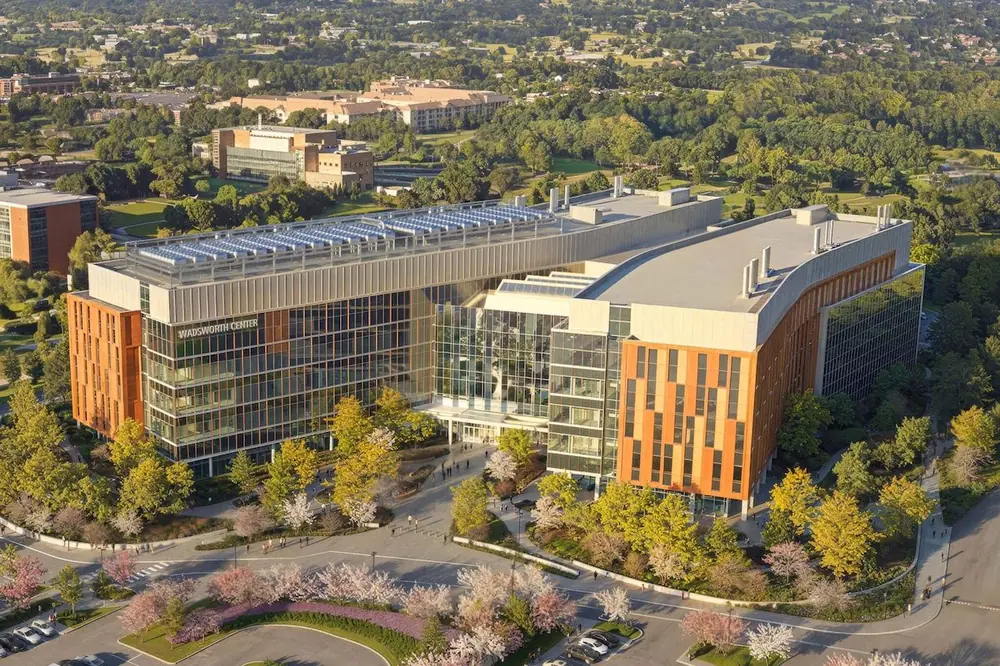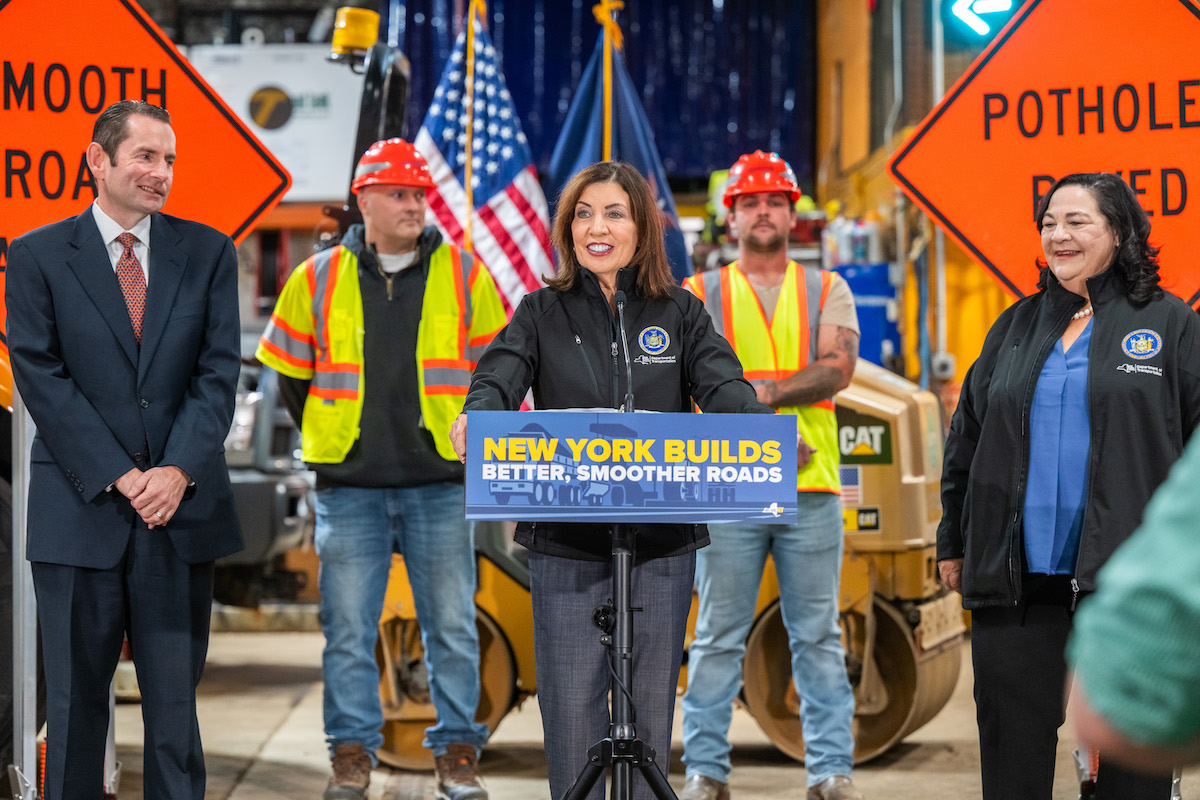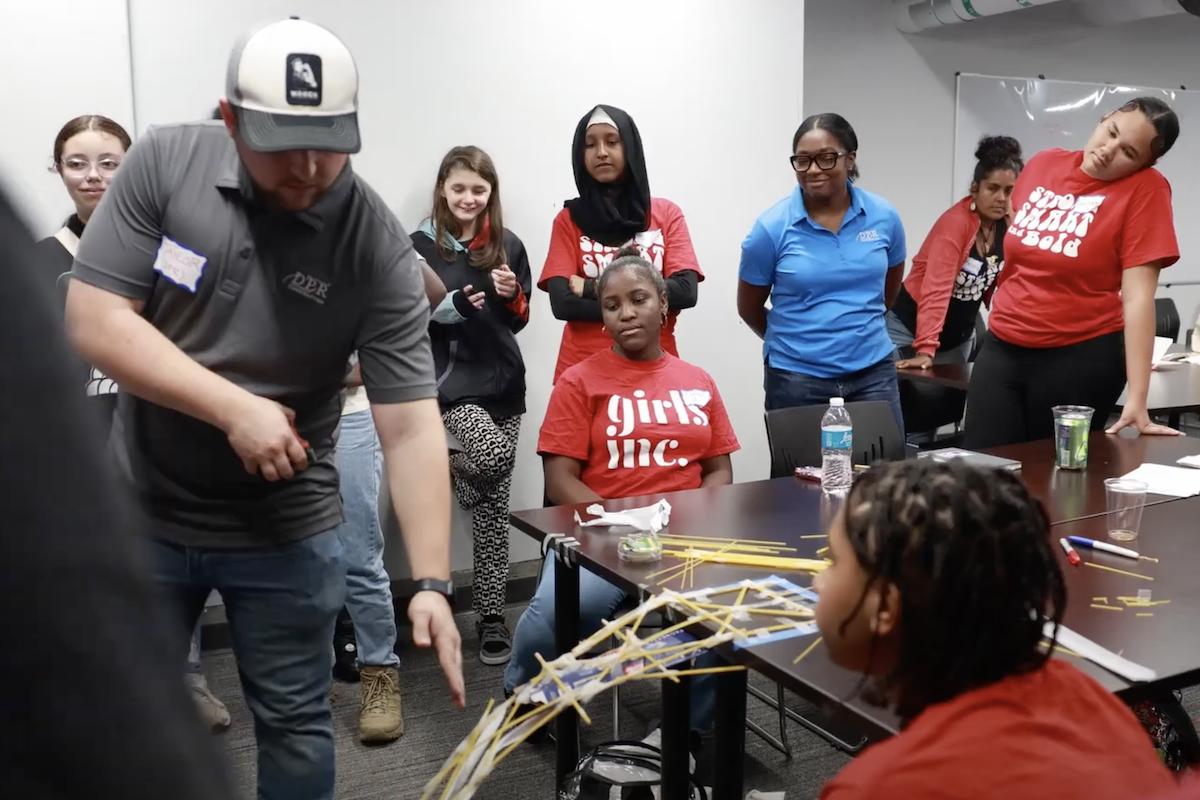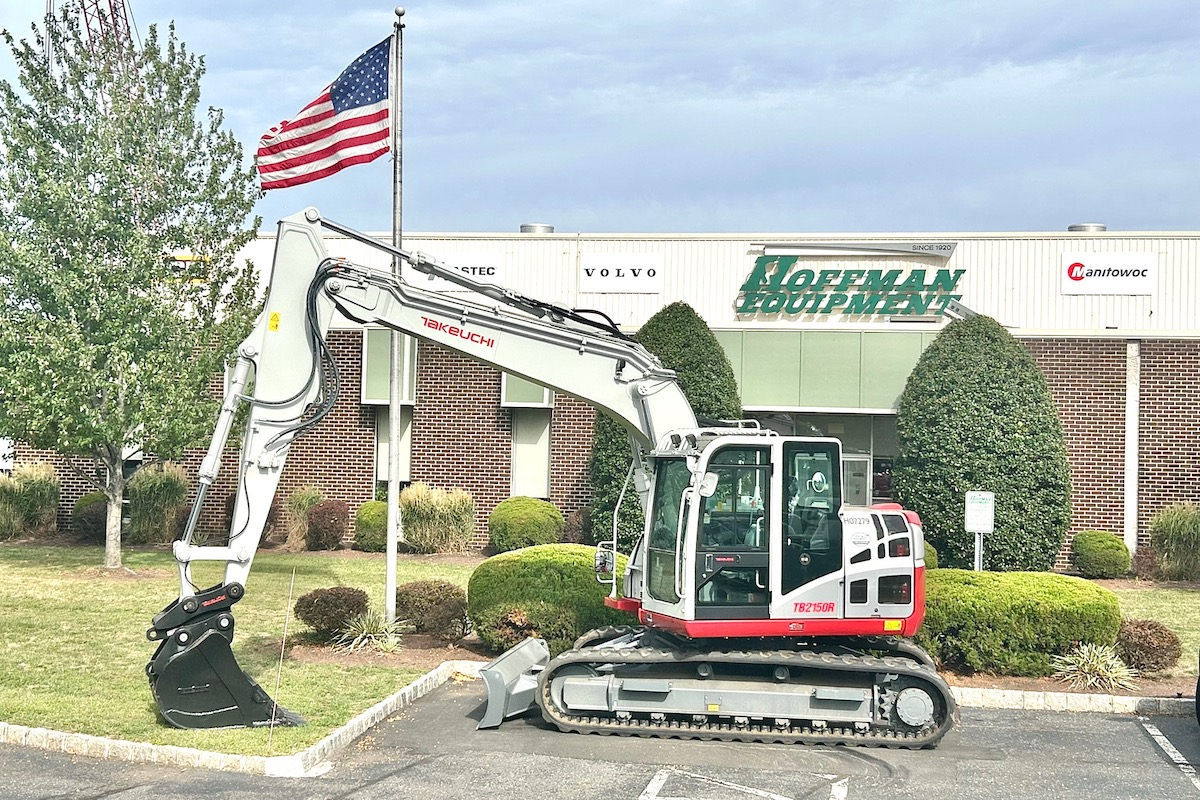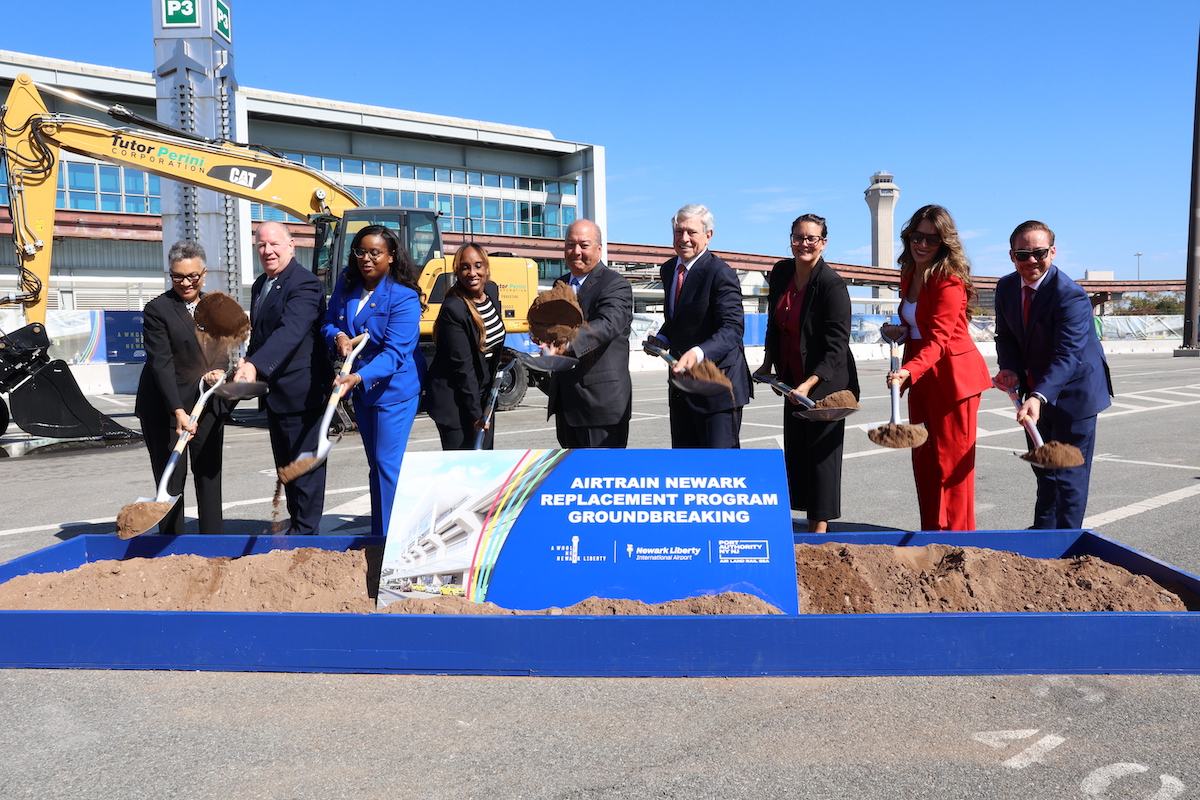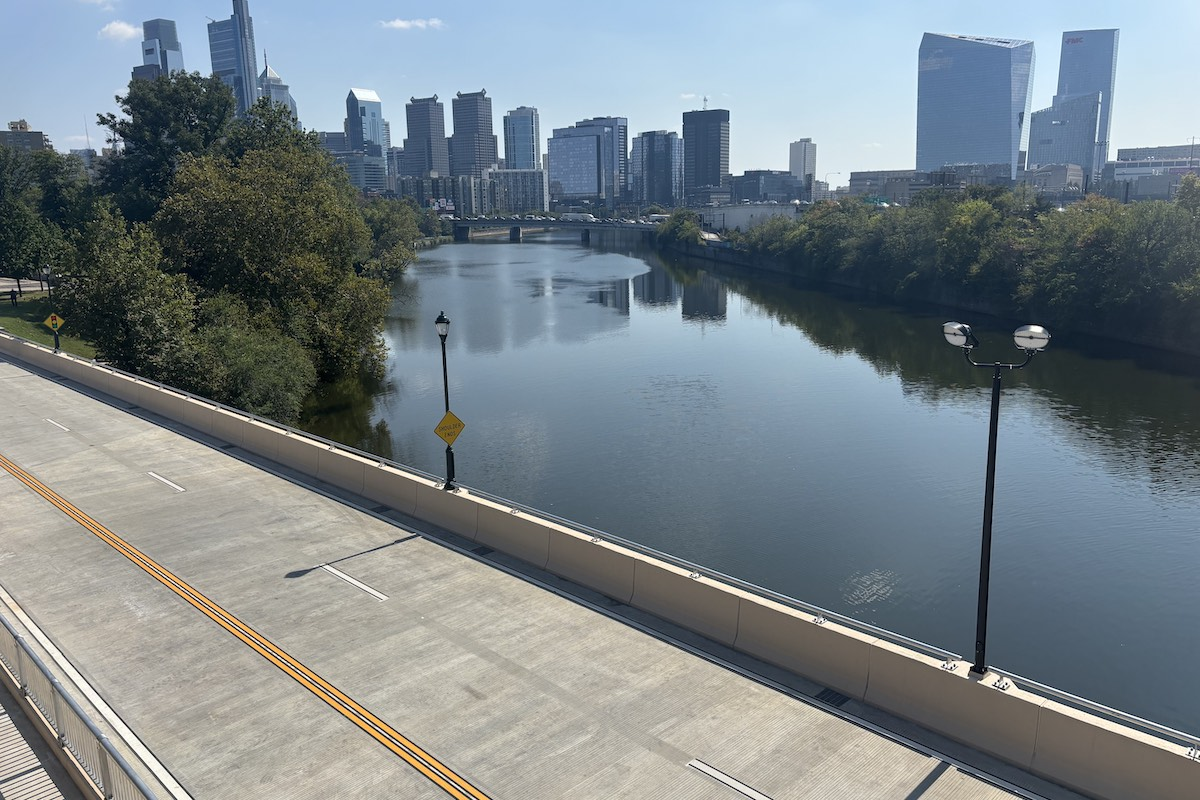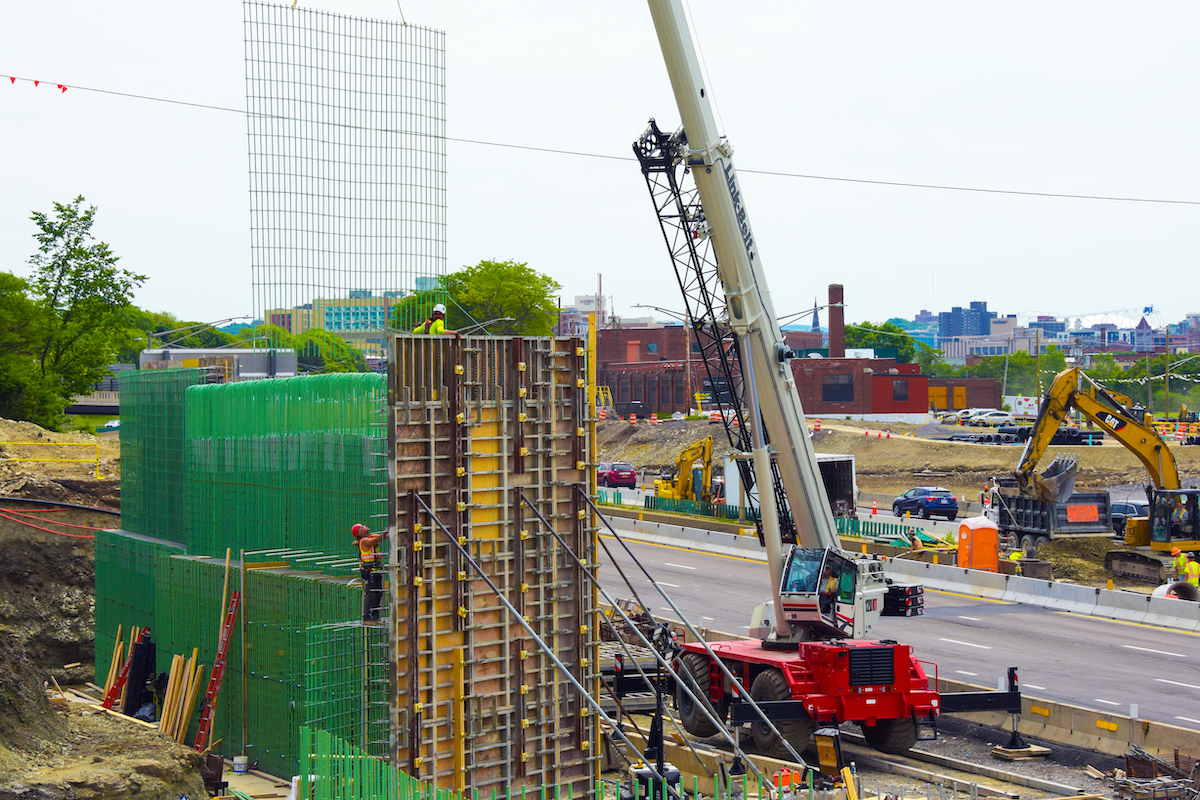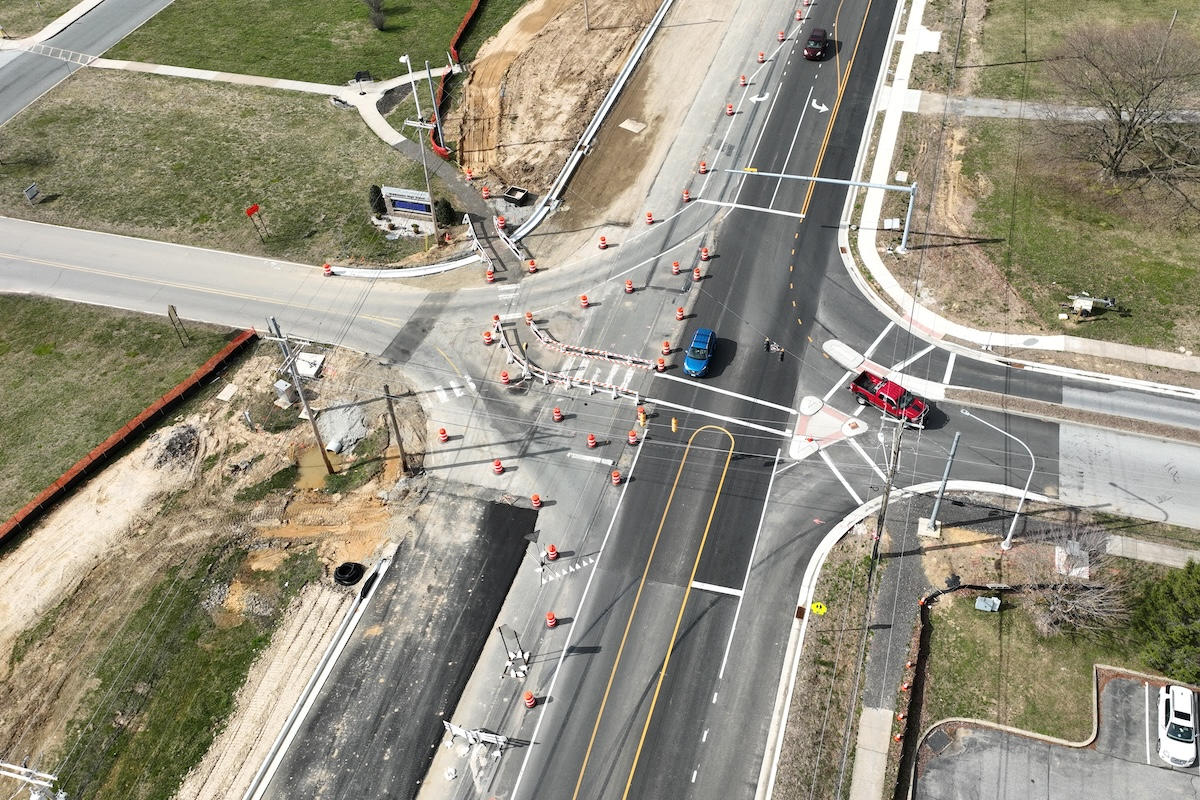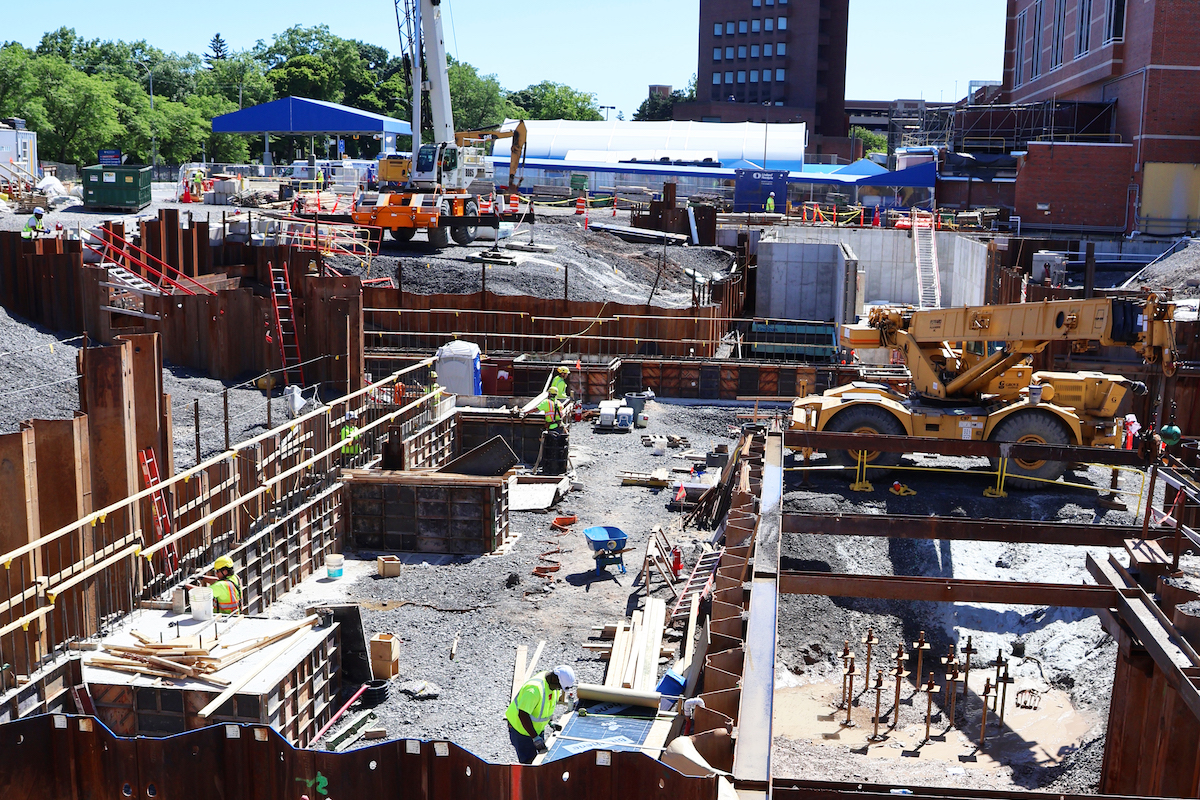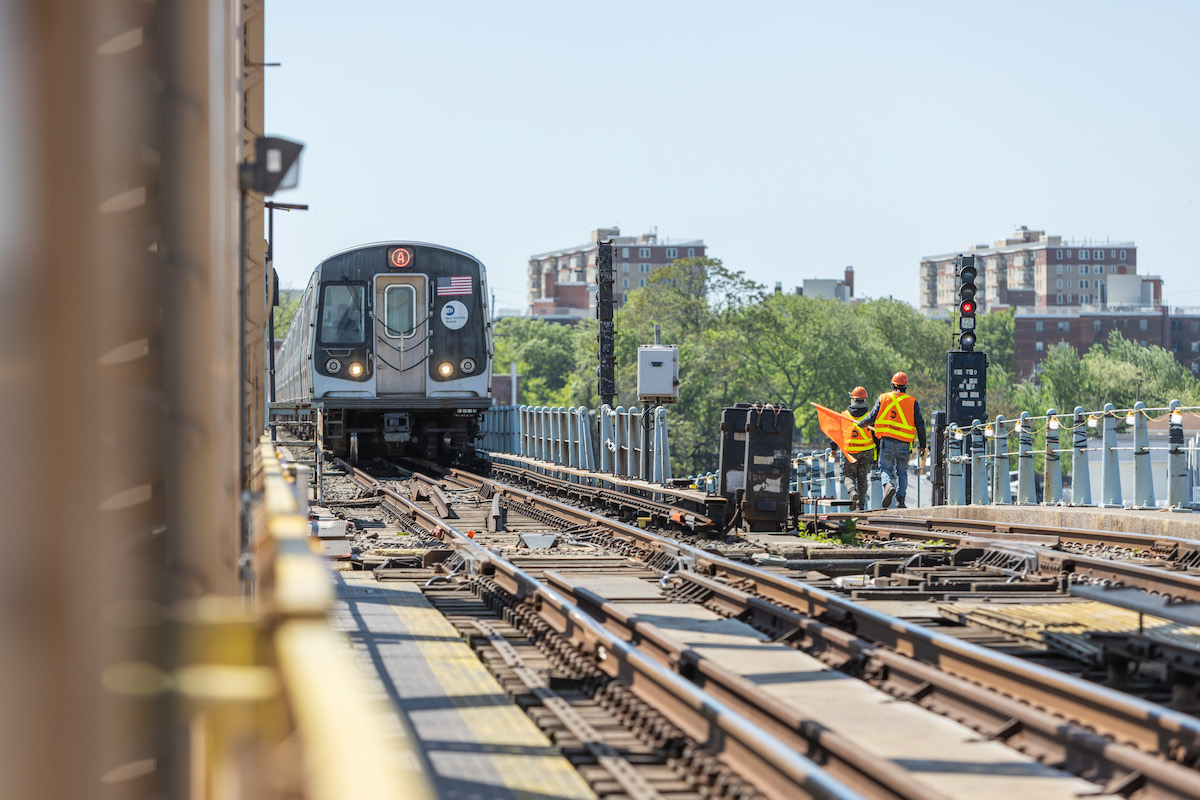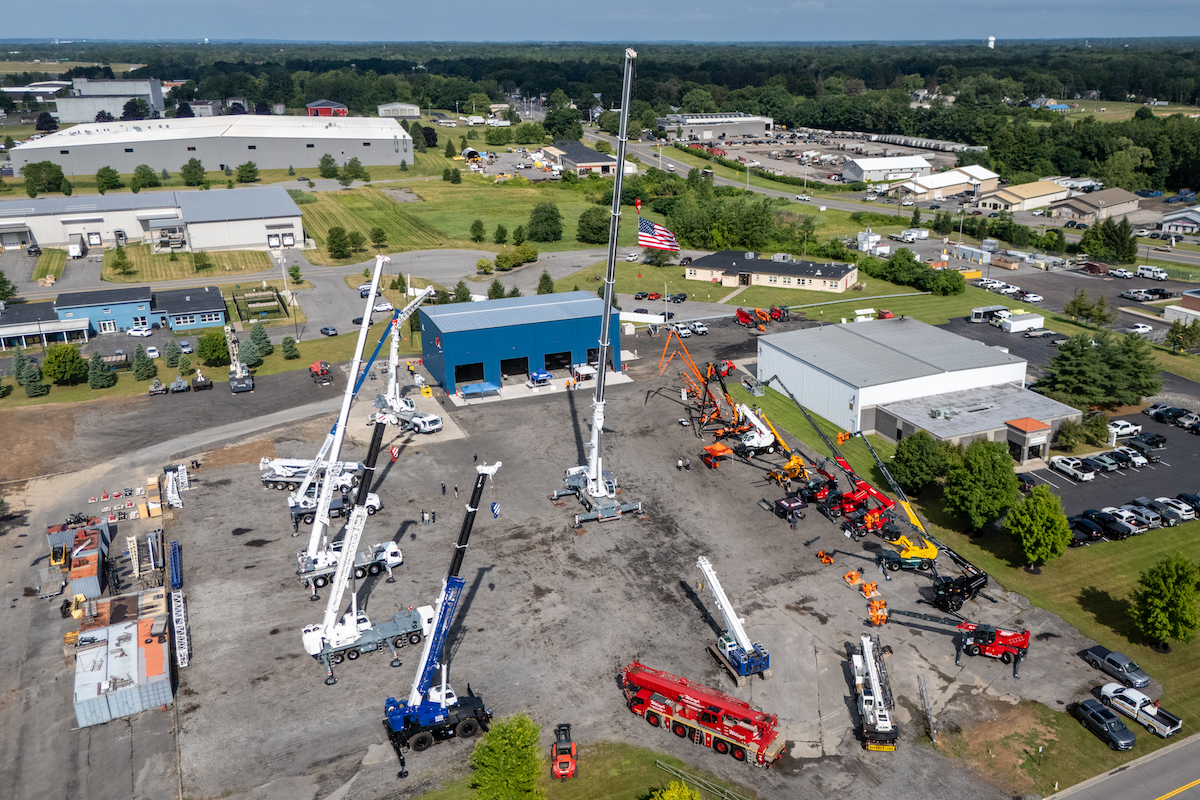If you encounter a subsurface obstruction, the answer can be as simple as flipping to the concealed conditions clause. Delays arising out of temporary events – floods, fires, and adverse weather – can be addressed by the force majeure clause. But few contract drafters (if any) were clairvoyant to the extent that they included a single contract clause that addresses the idiosyncrasies of the unique disruptions to the supply chain in the past 18 to 20 months. To the extent that there is an answer, it may lie in the interplay between multiple contract clauses. By stitching a patchwork of related contract clauses together, compelling arguments for relief may be revealed.
When faced with material unavailability, the immediate and logical response may be to use the substitution clause to replace the impacted material with a more readily available product. Generally speaking, a substitution clause (also known as an “or equal” clause) allows for a contractor or supplier to suggest substitute materials or equipment for those specified in the contract if the substitute is at least equal to the specified material or equipment. This is a common practice for value engineering efforts.
The problem is that many contracts require the contractor to make broad representations about the suitability of the substituted material, and to assume responsibility for necessary design costs and cost premiums between the impacted material and the new material. Simply relying on a substitution clause may provide the contractor with relief from one problem – the delay impact – but create entirely new concerns in the form of new costs and liabilities. Additionally, the substitution clause may not provide the contractor with extra time for delays in obtaining the new material.
Depending on how the clause is constructed, supply chain delays or unusual delays in delivery may qualify for an extension of time. Similarly, various clauses throughout the contract may require the contractor to mitigate delays to the project, even delays outside its control. With an extension of time in-hand, the contractor can make a case that it can cure or substantially mitigate the delay if the owner directs the substitution. By framing the substitution as its own attempt to ameliorate delays outside its control, rather than as simply a means of achieving cost savings, the contractor may be able to avoid assuming costs and responsibilities associated with a contractor-requested substitution.

| Your local Trimble Construction Division dealer |
|---|
| SITECH Allegheny |
| SITECH Northeast |
| SITECH Allegheny |
| SITECH Northeast |
If the owner refuses to accept responsibility for the costs of the substitution, it may still be compelled to bear its own delay-related carrying costs. If the contractor is required to take steps to mitigate delays to the project, the owner’s refusal to permit a substitution that reduces the delay may be viewed as interfering with the project, or failing to cooperate, giving rise to an argument for delay damages. If you find yourself in this or a similar situation, make sure to timely document these events and interactions. Most contracts with substitution clauses and excusable delay clauses will also have documentation and timing requirements to preserve a delay damages claims against an owner.
Looking to future agreements, contractors should be cognizant of the impacts of current conditions on future projects. Just because a particular supply chain delay was excused yesterday, doesn’t mean it will be excusable tomorrow. While the contractor need not be clairvoyant, recent events may justify an argument that similar problems are foreseeable after contract signing – and that the contractor thus accepted that risk.
If pre-contract steel shortages caused delays on steel shipments, should the contractor bear the risk of other delays on tomorrow’s project? Often contract delay recovery turns on whether the additional delay was reasonably foreseeable, which is a fact-intensive question. This means that absent a new precipitating event occurring after the execution of the construction agreement, the contractor could bear the risk of delays arising out of a pre-execution event.
Where pre-execution delay events are expected to persist, it may be wise to negotiate parameters or include assumptions about the duration of such delay in the contract documents. A contractor may wish to qualify its price and schedule as being based on material being available at a certain price and within a certain time in order to protect itself from a foreseeability argument in the event of post-execution fluctuations.
Another clause that a contractor could consider in future contracts would be an excusable delay clause triggered by a specific event or set of circumstances in the supply chain. This clause would operate to provide an extension of time when a supply chain delay far exceeds what was reasonable at the time of contracting.

| Your local Trimble Construction Division dealer |
|---|
| SITECH Allegheny |
| SITECH Northeast |
| SITECH Allegheny |
| SITECH Northeast |
Essentially, the clause could take effect when the supply chain delay is a certain percentage longer than what was reasonably anticipated at the time of contracting and unforeseeable. This would require some interplay with the contract’s concept of foreseeability. It would also be prudent to set a specific benchmark from which to measure the delay and a specific percentage over the benchmark where the clause is triggered.
For example, a certain material being delayed for longer than 50 percent of what the contract defines as a foreseeable supply chain lead time, through no fault of the contractor, would be a condition precedent for the contractor to be entitled to an excusable delay adjustment to the schedule for each day over that benchmark. Those types of tools (foreseeability, benchmarks, conditions precedent) are already routinely used in contracts.
In general, significant supply chain delays hurt both owners and contractors. Mutually beneficial compromises and solutions are far more likely to make a project successful than shifting all risk to the contractor. Use what you have in your contract to lessen the blow of supply chain delays. If you are unable to make that work, document the events for a delay claim and address these issues in future contract negotiations.
JD Holzheauser is a Senior Counsel at Peckar & Abramson, P.C. He can be reached at jholzheauser@pecklaw.com and 512.236.0009











